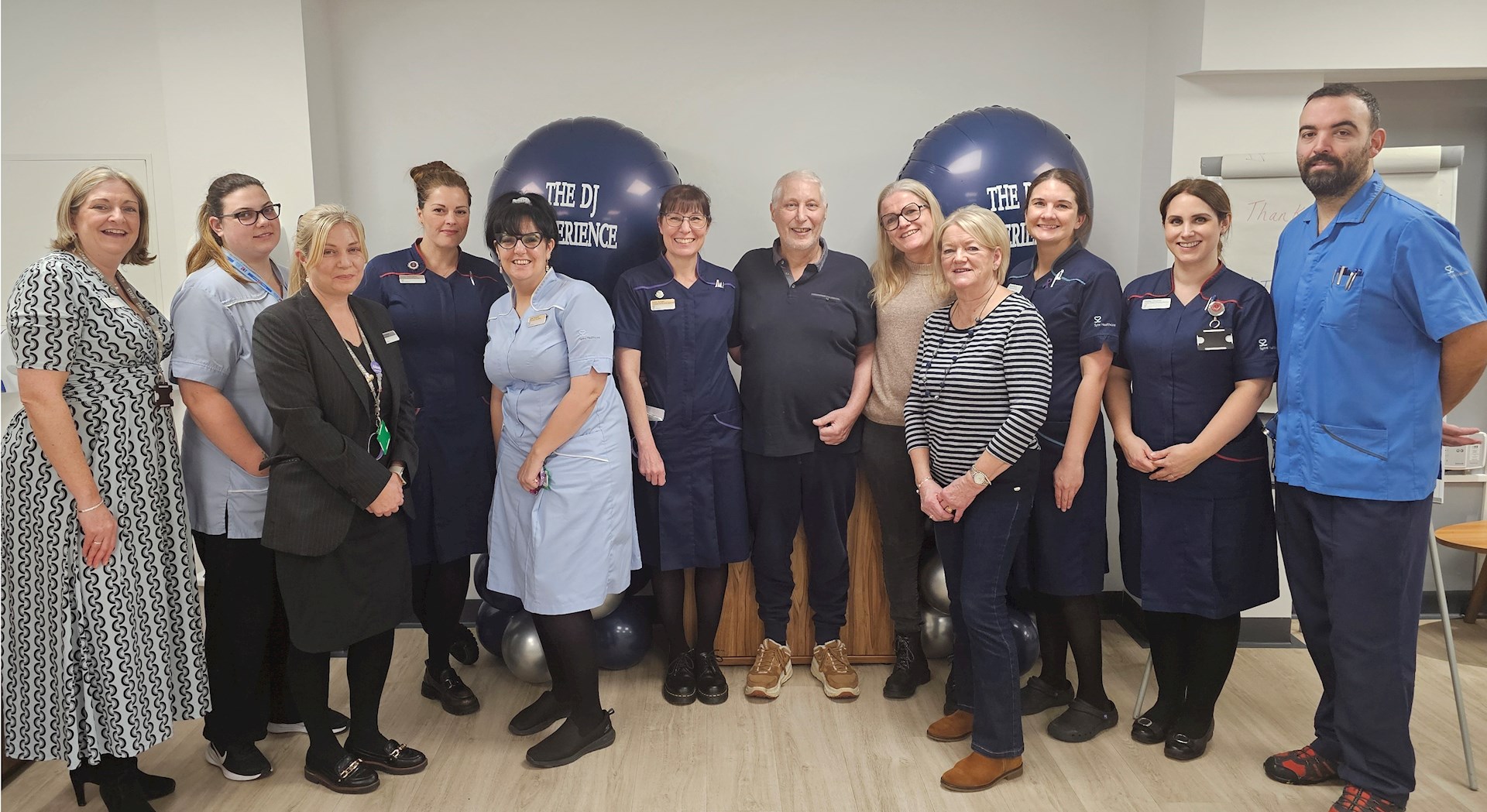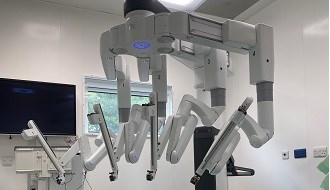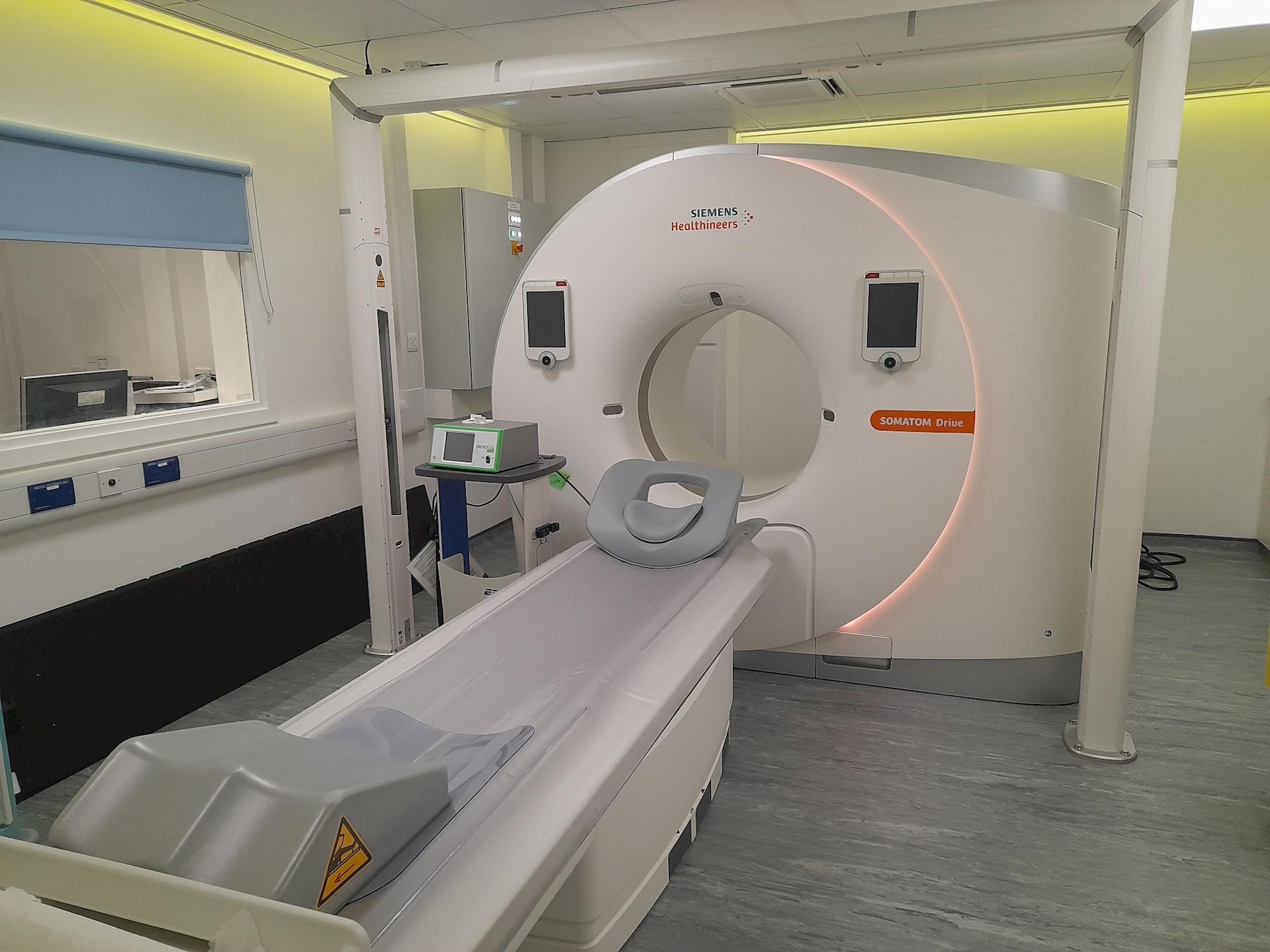Spire Southampton Hospital's new VR experience helps patients achieve their bucket lists
13 January 2025
Inspired by a cancer patient with a terminal diagnosis, the hospital has launched its ‘DJ’ virtual experience for cancer patients.

We welcome your views on our website and invite you to take part in a brief survey when you've finished your visit.
Your response will help us improve the site and the experience we offer to visitors.
13 January 2025
Inspired by a cancer patient with a terminal diagnosis, the hospital has launched its ‘DJ’ virtual experience for cancer patients.

10 June 2024
Robotic-assisted surgery can improve surgical accuracy and offer faster recovery times following surgery.

08 November 2022
A medical laboratory technician from Spire Southampton Hospital and a radiology practitioner from Spire Leicester Hospital have been chosen to feature in the brand new Technicians’ Gallery at London’s Science Museum.
30 November 2021
Spire Southampton Hospital has unveiled a new, state-of-the art CT scanner, which will speed up diagnoses for patients with cancer and other diseases.

14 September 2021
Spire Southampton Hospital has retained its ‘Good’ rating, following an inspection by the Care Quality Commission (CQC).
17 August 2021
A Spire Southampton nurse with 50 years of service has been presented with a special award from the Chief Nurse for England Ruth May.

01 May 2020
A landmark agreement between University Hospital Southampton NHS Foundation Trust (UHS) and Spire Healthcare is enabling hundreds of patients with cancer to receive urgent treatment at Spire’s Southampton hospital, allowing UHS to focus on caring for people with COVID-19.
16 April 2020
At Spire Southampton Hospital £1.8 million is being invested in a new MRI scanner to be launched this month. The new equipment will function as part of Spire’s agreement to support the NHS in tackling COVID-19.
27 March 2020
Spire Healthcare has announced that it has dedicated its hospitals and resources to the NHS to support the fight against coronavirus.
13 January 2020
Staff were praised for providing good care and treatment and controlling infection risk well.